Memory Enhancing Drugs: Do They Work?

Memory Enhancing Drugs: Exploring Cognitive Enhancement
Memory enhancing drugs, also known as nootropics or cognitive enhancers, represent a growing field dedicated to improving cognitive functions. These substances aim to boost memory, attention span, focus, and overall mental performance. From prescription medications to over-the-counter supplements, the range of options available is vast and varied.
Classifying Memory Enhancing Drugs
Memory enhancers aren’t a monolithic group. They encompass a diverse range of compounds with different mechanisms of action. Consequently, a comprehensive classification system is crucial for understanding their individual properties.
Prescription Medications
These are potent drugs that typically require a doctor’s prescription due to their potential side effects and interactions. These medications often target specific neurological conditions while offering cognitive enhancement as a secondary benefit.
Cholinesterase Inhibitors: Drugs like donepezil (Aricept), rivastigmine (Exelon), and galantamine (Razadyne) fall into this category. They work by inhibiting the enzyme acetylcholinesterase, which breaks down acetylcholine, a neurotransmitter vital for memory and learning.
NMDA Receptor Antagonists: Memantine (Namenda) is the primary example. It blocks the action of glutamate, another neurotransmitter implicated in memory. By regulating glutamate activity, memantine can improve cognitive function in Alzheimer’s disease.
Stimulants: Methylphenidate (Ritalin, Concerta) and amphetamine (Adderall) are commonly prescribed for ADHD. However, they can also enhance focus, attention, and working memory in some individuals. However, these also have safety issues such as abuse potential. Modafinil is another type of stimulant, promoting wakefulness and improving cognitive function.
Over-the-Counter (OTC) Supplements
Available without a prescription, these supplements are often marketed as natural alternatives. They are generally considered safer than prescription medications but may have less pronounced effects.
Herbal Extracts: Ginkgo biloba, Bacopa monnieri, and Panax ginseng are popular examples. They are believed to improve blood flow to the brain, protect against oxidative stress, and enhance cognitive functions.

View Product
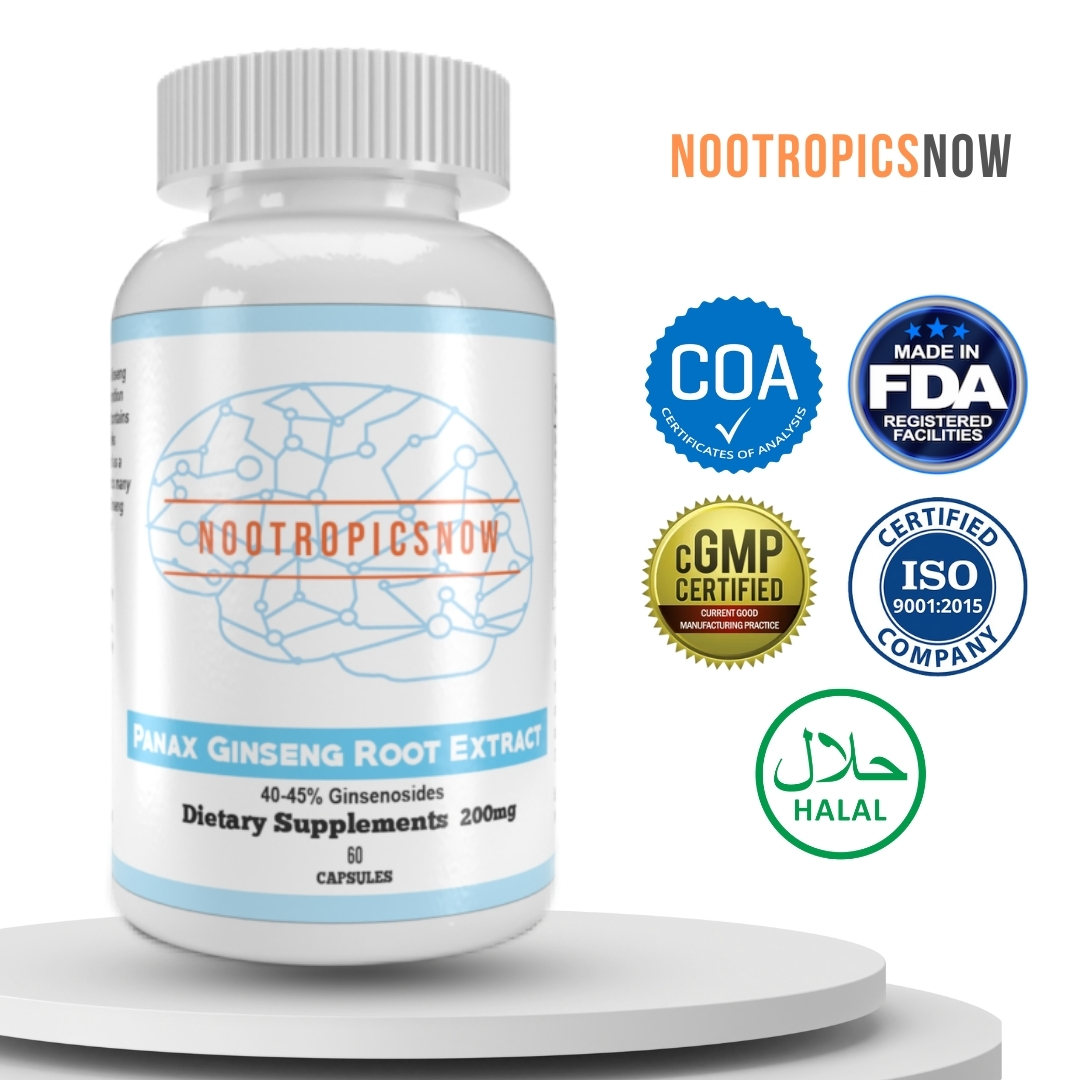
View Product

View Product
Amino Acids: L-theanine, often paired with caffeine, is known for promoting relaxation and focus. Acetyl-L-carnitine (ALCAR) is thought to improve mitochondrial function and protect against neurodegeneration.

View Product
Vitamins and Minerals: Vitamin B12, vitamin D, and magnesium are essential for brain health. Deficiencies in these nutrients can lead to cognitive impairment.
Synthetic Nootropics
These are laboratory-created compounds designed to enhance cognitive function. They often have more targeted effects than OTC supplements.
Racetams: Piracetam, aniracetam, oxiracetam, and pramiracetam belong to this family. They are believed to improve cognitive functions by modulating neurotransmitter receptors and enhancing neuronal communication.
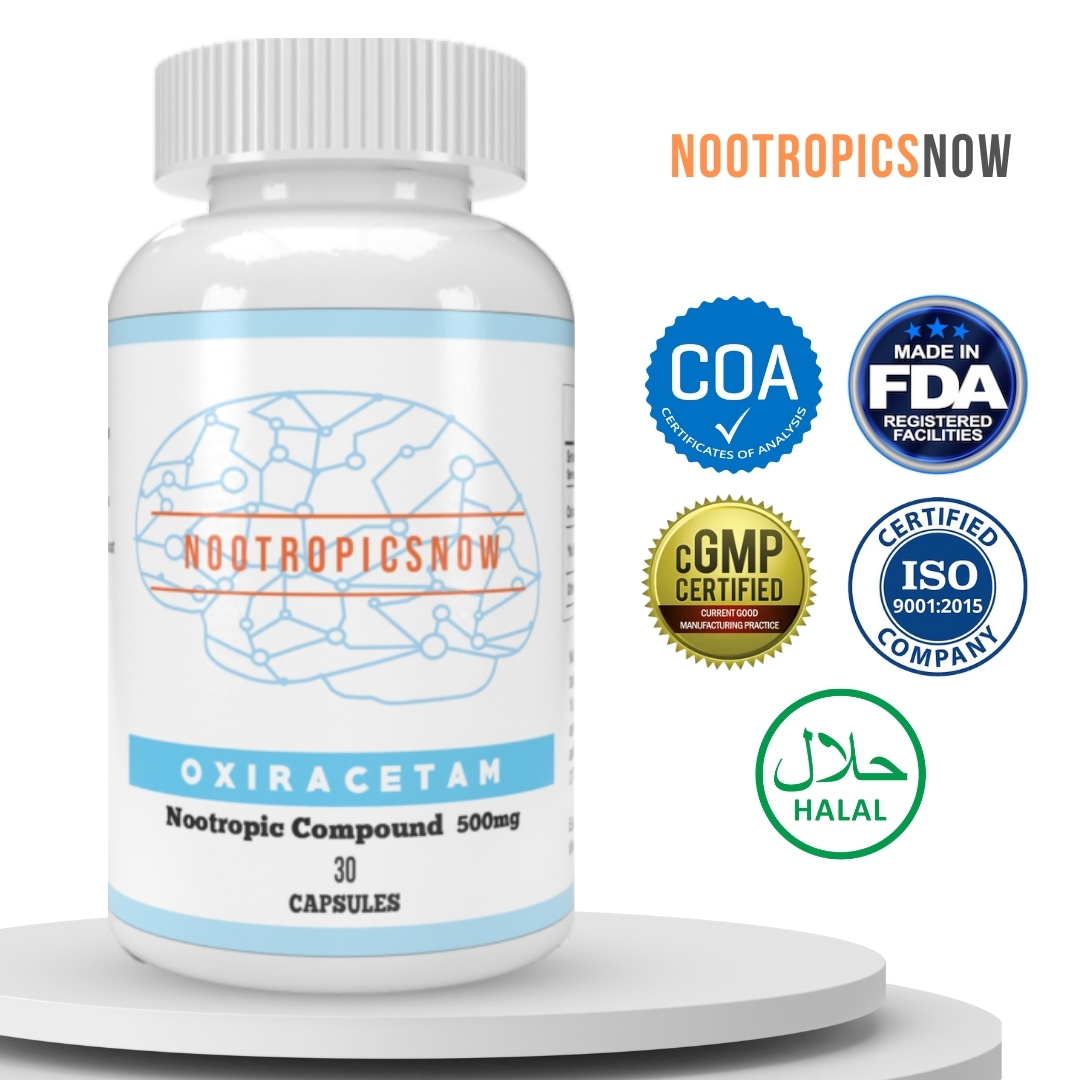
View Product
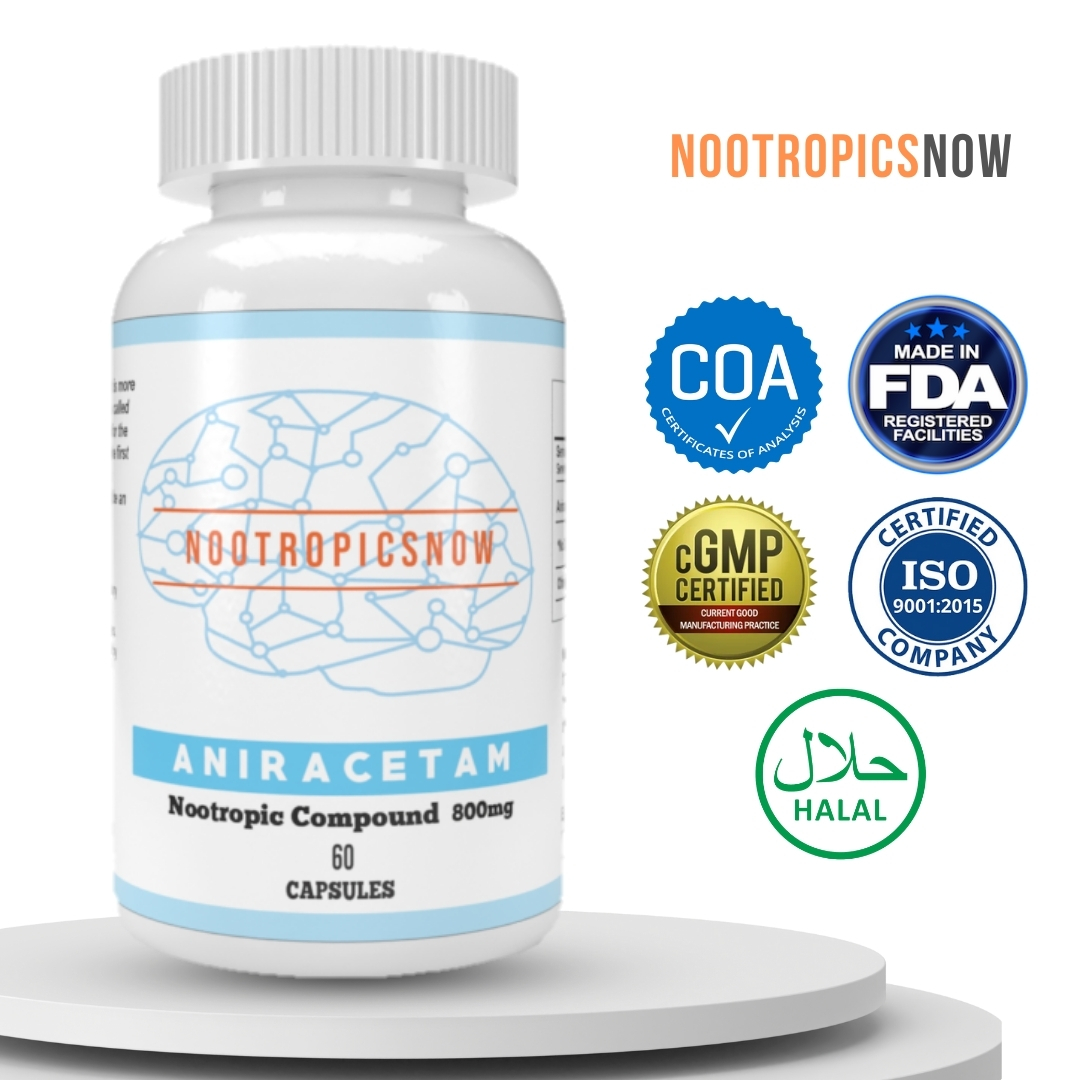
View Product
Choline Sources: Alpha-GPC and citicoline are precursors to acetylcholine. They provide the brain with the building blocks it needs to synthesize this vital neurotransmitter.

View Product
Mechanisms of Action: How Memory Enhancing Drugs Work
Understanding how these drugs work is essential for assessing their potential benefits and risks. Different memory enhancers affect the brain in various ways.
Neurotransmitter Modulation
Many memory enhancers work by influencing neurotransmitter systems.
Acetylcholine: This neurotransmitter is crucial for learning and memory. Cholinesterase inhibitors increase acetylcholine levels by preventing its breakdown. Choline precursors provide the brain with the raw materials to produce more acetylcholine.
Glutamate: This excitatory neurotransmitter plays a critical role in synaptic plasticity and learning. Memantine regulates glutamate activity to prevent excitotoxicity, which can damage neurons.
Dopamine and Norepinephrine: Stimulants like methylphenidate and amphetamine increase the levels of these neurotransmitters, enhancing focus, attention, and motivation.
Neuroprotection
Some memory enhancers protect the brain from damage.
Antioxidant Effects: Ginkgo biloba and other herbal extracts have antioxidant properties. They neutralize free radicals and protect neurons from oxidative stress.
Anti-inflammatory Effects: Inflammation can damage brain tissue and impair cognitive function. Some memory enhancers, such as curcumin, have anti-inflammatory properties that can protect the brain.
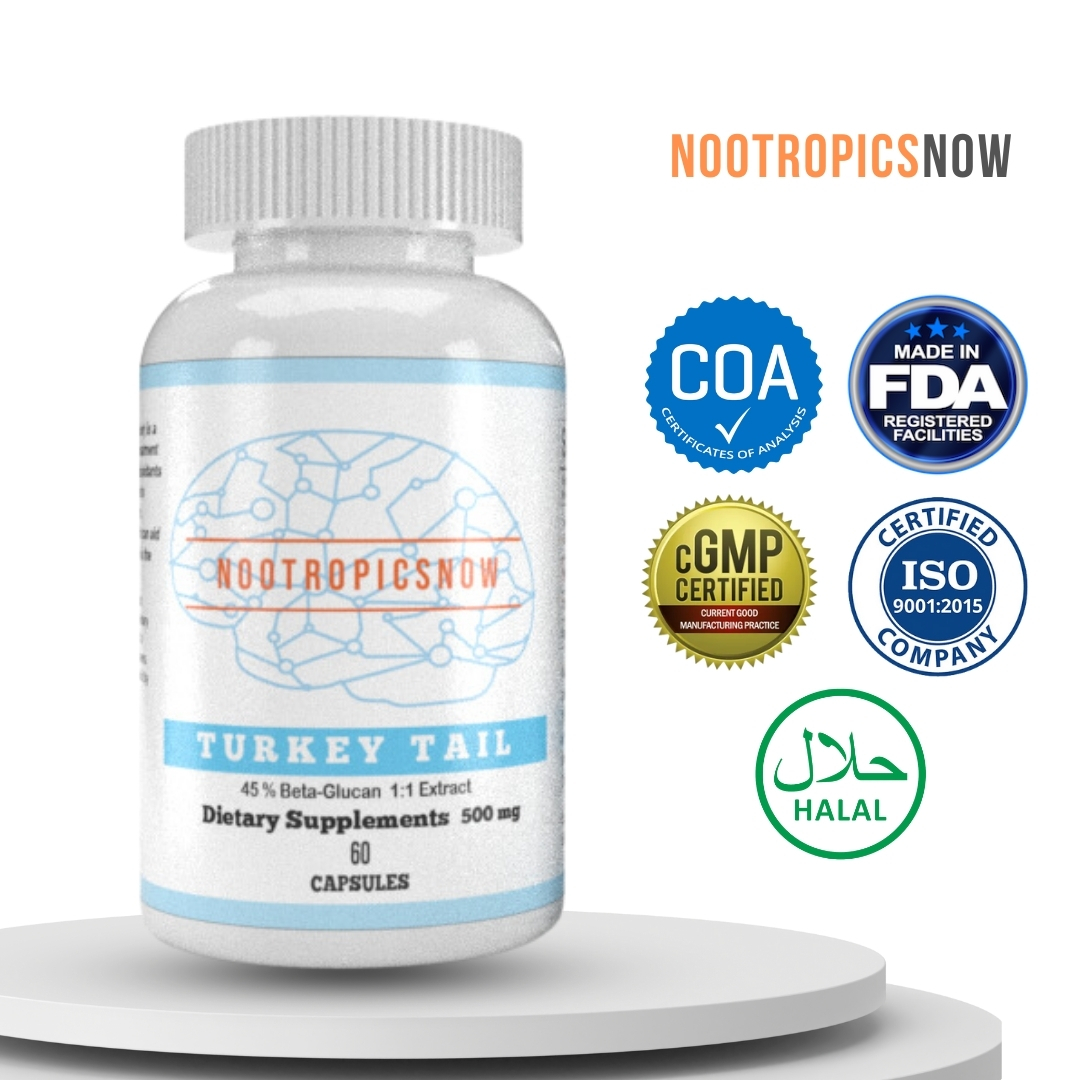
View Product
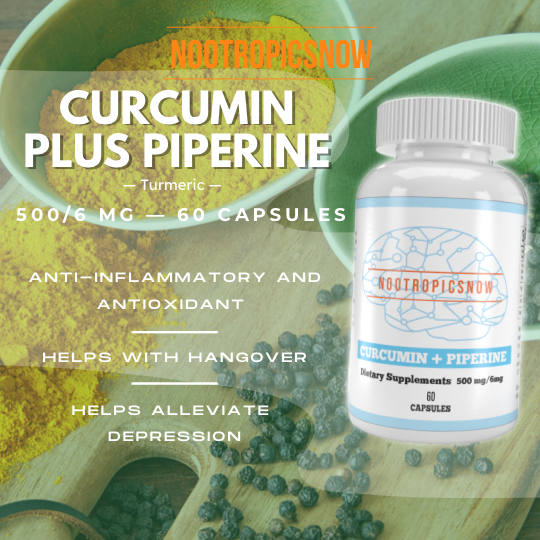
View Product
Improved Cerebral Blood Flow
Adequate blood flow is essential for delivering oxygen and nutrients to the brain.
Vasodilation: Ginkgo biloba can dilate blood vessels, increasing blood flow to the brain.
Enhanced Mitochondrial Function: Acetyl-L-carnitine (ALCAR) improves mitochondrial function, increasing energy production in brain cells.
Enhanced Synaptic Plasticity
Synaptic plasticity is the brain’s ability to strengthen or weaken connections between neurons, which is essential for learning and memory.
Long-Term Potentiation (LTP): Some memory enhancers, such as racetams, can enhance LTP, which is a key mechanism of synaptic plasticity.
Benefits and Uses of Memory Enhancing Drugs
Memory enhancing drugs are used for a variety of purposes. While they often promise significant cognitive gains, the reality can vary from person to person.
Medical Applications
Alzheimer’s Disease: Cholinesterase inhibitors and memantine are used to treat memory loss and cognitive impairment associated with Alzheimer’s disease.
ADHD: Stimulants like methylphenidate and amphetamine are prescribed to improve attention, focus, and impulse control in individuals with ADHD.
Narcolepsy: Modafinil is used to promote wakefulness and reduce excessive daytime sleepiness in individuals with narcolepsy.
Cognitive Enhancement
Healthy individuals also use memory enhancing drugs to improve cognitive function.
Students: Students often use memory enhancers to improve focus, concentration, and memory retention for studying.
Professionals: Professionals in demanding fields may use memory enhancers to improve productivity, creativity, and problem-solving skills.
Older Adults: Older adults may use memory enhancers to maintain cognitive function and prevent age-related cognitive decline.
Risks and Side Effects
Memory enhancing drugs are not without risks and side effects. It is important to be aware of these potential downsides before using them.
Prescription Medications
Cholinesterase Inhibitors: Side effects can include nausea, vomiting, diarrhea, and loss of appetite.
Memantine: Side effects can include dizziness, headache, confusion, and constipation.
Stimulants: Side effects can include insomnia, anxiety, irritability, loss of appetite, and increased heart rate. Stimulants are also known to be habit forming.
Over-the-Counter Supplements
Herbal Extracts: Side effects can vary depending on the herb. Ginkgo biloba can increase the risk of bleeding. Bacopa monnieri can cause digestive upset.
Amino Acids: L-theanine is generally well-tolerated. Acetyl-L-carnitine (ALCAR) can cause nausea, vomiting, and stomach upset.
Vitamins and Minerals: High doses of some vitamins and minerals can be toxic.
Synthetic Nootropics
Racetams: Side effects can include headache, anxiety, insomnia, and gastrointestinal upset.
Choline Sources: High doses of choline can cause fishy body odor, nausea, and diarrhea.
Potential Risks
Drug Interactions: Memory enhancing drugs can interact with other medications, increasing the risk of side effects.
Unknown Long-Term Effects: The long-term effects of many memory enhancing drugs are unknown.
Ethical Concerns: The use of memory enhancing drugs raises ethical concerns about fairness, coercion, and autonomy.
Dosage and Administration
The appropriate dosage of a memory enhancing drug depends on several factors, including the specific drug, the individual’s age, weight, and health status. It is important to follow the manufacturer’s instructions or consult with a healthcare professional to determine the appropriate dosage.
Start Low and Go Slow: It is generally recommended to start with a low dose and gradually increase it as needed. This can help minimize the risk of side effects.
Cycle On and Off: Some people recommend cycling memory enhancers, taking them for a period of time and then taking a break. This may help prevent tolerance and reduce the risk of side effects.
Lifestyle Factors That Enhance Memory
While memory enhancing drugs can be helpful, they are not a substitute for a healthy lifestyle. Several lifestyle factors can significantly improve cognitive function.
Diet
A healthy diet is essential for brain health.
Mediterranean Diet: This diet, rich in fruits, vegetables, whole grains, and healthy fats, has been linked to improved cognitive function.
Omega-3 Fatty Acids: These fats, found in fatty fish, flaxseeds, and walnuts, are important for brain health.
Antioxidants: Foods rich in antioxidants, such as berries, leafy greens, and dark chocolate, can protect the brain from damage.
Exercise
Regular exercise improves blood flow to the brain and promotes the growth of new brain cells.
Aerobic Exercise: Activities like running, swimming, and cycling can improve cognitive function.
Strength Training: Strength training can also benefit brain health.
Sleep
Adequate sleep is essential for memory consolidation and cognitive function.
Get 7-8 Hours of Sleep Per Night: Most adults need 7-8 hours of sleep per night.
Establish a Regular Sleep Schedule: Going to bed and waking up at the same time each day can improve sleep quality.
Stress Management
Chronic stress can damage the brain and impair cognitive function.
Meditation: Meditation can help reduce stress and improve focus.
Yoga: Yoga can also help reduce stress and improve flexibility and balance.
Spending Time in Nature: Spending time in nature can lower stress levels and improve mood.
Cognitive Training
Engaging in mentally stimulating activities can help keep the brain sharp.
Puzzles: Crossword puzzles, Sudoku, and other puzzles can challenge the brain and improve cognitive function.
Learning New Skills: Learning a new language, playing a musical instrument, or taking a class can stimulate the brain and improve cognitive function.
The Future of Memory Enhancement
The field of memory enhancement is rapidly evolving. As scientists learn more about the brain, they are developing new and more effective ways to improve cognitive function.
Emerging Technologies
Brain-Computer Interfaces: These devices can directly interface with the brain, potentially enhancing cognitive function.
Genetic Engineering: Gene therapy may one day be used to enhance cognitive function by modifying genes involved in learning and memory.
Personalized Nootropics
In the future, it may be possible to personalize nootropics based on an individual’s genetic makeup and cognitive profile. This could lead to more effective and safer memory enhancing drugs.
Conclusion
Memory enhancing drugs offer the potential to improve cognitive function, but they are not without risks and side effects. It is important to carefully consider the potential benefits and risks before using them. A healthy lifestyle, including a balanced diet, regular exercise, adequate sleep, and stress management, is essential for brain health. Always consult with a healthcare professional before starting any new memory enhancing drug or supplement.
Exploring the Realm of Memory Enhancing Drugs
As interest in optimizing cognitive function grows, memory enhancing drugs, often called nootropics or cognitive enhancers, have garnered significant attention. These substances aim to improve various cognitive functions, including memory, attention, creativity, and motivation. However, it’s crucial to approach these compounds with informed caution.
Defining Memory Enhancing Drugs
Memory enhancing drugs are substances purported to improve cognitive function, particularly memory. They encompass a wide range of compounds, from prescription medications to over-the-counter supplements. It’s important to distinguish between substances approved for treating cognitive disorders and those marketed for general cognitive enhancement. In either instance, responsible, informed use is key.
Classes of Memory Enhancing Drugs
Memory enhancers fall into several categories, each with different mechanisms of action and levels of scientific support. Therefore, understanding these classifications is crucial for informed decision-making.
Prescription Nootropics
These drugs require a prescription and are primarily used to treat specific medical conditions. However, some individuals use them off-label for cognitive enhancement. For instance, they are sometimes diverted for uses other than what they were originally prescribed.
Stimulants (e.g., Methylphenidate, Amphetamine): Primarily prescribed for ADHD, these medications increase alertness, focus, and attention span. Methylphenidate, sold as Ritalin and Concerta, increases dopamine and norepinephrine levels in the brain. Similarly, amphetamine (Adderall) achieves similar effects. However, these drugs can cause side effects such as anxiety, insomnia, and increased heart rate.
Acetylcholinesterase Inhibitors (e.g., Donepezil, Rivastigmine): Used primarily to treat Alzheimer’s disease, these drugs increase acetylcholine levels in the brain, improving memory and cognitive function. Donepezil (Aricept) and Rivastigmine (Exelon) are common examples. Side effects include nausea, vomiting, and loss of appetite.
NMDA Receptor Antagonists (e.g., Memantine): Also used for Alzheimer’s disease, Memantine (Namenda) regulates glutamate activity, protecting brain cells from excitotoxicity and improving cognitive function. Potential side effects include dizziness, headache, and confusion.
Modafinil: This wakefulness-promoting agent is prescribed for narcolepsy, shift work sleep disorder, and excessive daytime sleepiness. It can increase alertness, focus, and cognitive function, and therefore, has been used off-label as a cognitive enhancer. However, side effects may include headache, nausea, and anxiety.
Over-the-Counter Nootropics
These substances are available without a prescription and are often marketed as dietary supplements or natural cognitive enhancers. So, let’s take a closer look at some of these.
Caffeine: A widely consumed stimulant that increases alertness, focus, and energy levels. It works by blocking adenosine receptors in the brain. Excessive caffeine intake can lead to anxiety, insomnia, and heart palpitations.
L-Theanine: An amino acid found in green tea, L-theanine promotes relaxation and reduces anxiety without causing drowsiness. It is often combined with caffeine to enhance focus and cognitive performance. Side effects are generally mild.

View Product
Creatine: Primarily known for its role in muscle building, creatine can also enhance cognitive function, particularly memory and reasoning. It increases ATP production in the brain, improving energy availability. Side effects are typically mild, such as gastrointestinal discomfort.
Omega-3 Fatty Acids: Essential fatty acids found in fish oil, omega-3s support brain health and cognitive function. They play a crucial role in cell membrane structure and function. Side effects are rare, but some individuals may experience fishy aftertaste or gastrointestinal issues.
Ginkgo Biloba: A herbal supplement that has been used for centuries to improve memory and cognitive function. It is thought to increase blood flow to the brain and protect against oxidative stress. However, scientific evidence supporting its effectiveness is mixed. Side effects may include headache, dizziness, and gastrointestinal upset.

View Product
Bacopa Monnieri: An Ayurvedic herb traditionally used to enhance memory and cognitive function. It is thought to have antioxidant and neuroprotective effects. Research suggests it may improve memory, attention, and cognitive processing speed. Side effects are generally mild but can include gastrointestinal upset.
Alpha-GPC (Alpha-Glycerylphosphorylcholine): This choline compound is involved in acetylcholine production, a neurotransmitter crucial for memory and learning. Supplementation can increase acetylcholine levels in the brain. Side effects may include heartburn, headache, insomnia, dizziness, and skin rash.
Huperzine A: Derived from Chinese club moss, huperzine A inhibits acetylcholinesterase, the enzyme that breaks down acetylcholine. Therefore, it can increase acetylcholine levels in the brain and improve memory and cognitive function. Side effects may include nausea, diarrhea, and loss of appetite.
Racetams
A class of synthetic compounds related to piracetam, racetams are often marketed as cognitive enhancers, although their efficacy and mechanisms of action are not fully understood. Even so, they are used widely by many.
Piracetam: The first racetam, piracetam, is thought to enhance cognitive function by improving blood flow to the brain and modulating neurotransmitter activity. However, scientific evidence supporting its effectiveness is limited. Side effects are generally mild but can include anxiety, insomnia, and gastrointestinal upset.
Aniracetam: This racetam is purported to have anxiolytic (anxiety-reducing) and cognitive-enhancing effects. Evidence supporting its effectiveness is also limited.
Oxiracetam: Marketed for its stimulating effects and memory-enhancing properties, oxiracetam has limited scientific support.
Phenylpiracetam: This racetam is believed to have stimulating and cognitive-enhancing effects and is reportedly more potent than piracetam.
Table: Comparison of Common Memory Enhancing Drugs
| Drug/Supplement |
Class |
Primary Use |
Potential Benefits |
Potential Side Effects |
| —————- |
——————— |
———————————————— |
—————————————————————————– |
————————————————————————————————— |
| Methylphenidate |
Stimulant |
ADHD |
Increased focus, attention, and alertness |
Anxiety, insomnia, increased heart rate, loss of appetite |
| Donepezil |
AChE Inhibitor |
Alzheimer’s Disease |
Improved memory and cognitive function |
Nausea, vomiting, loss of appetite, diarrhea |
| Memantine |
NMDA Antagonist |
Alzheimer’s Disease |
Improved memory and cognitive function, neuroprotection |
Dizziness, headache, confusion, constipation |
| Modafinil |
Wakefulness Agent |
Narcolepsy, Shift Work Disorder |
Increased alertness, focus, and cognitive function |
Headache, nausea, anxiety, insomnia |
| Caffeine |
Stimulant |
General Use |
Increased alertness, focus, and energy levels |
Anxiety, insomnia, heart palpitations, restlessness |
| L-Theanine |
Amino Acid |
General Use |
Relaxation, reduced anxiety, enhanced focus when combined with caffeine |
Generally mild |
| Creatine |
Amino Acid |
Muscle Building, Cognitive Enhancement |
Improved memory, reasoning, and cognitive function |
Gastrointestinal discomfort |
| Omega-3 |
Fatty Acid |
General Health |
Improved brain health, cognitive function, and mood |
Fishy aftertaste, gastrointestinal issues |
| Ginkgo Biloba |
Herbal Supplement |
Cognitive Enhancement |
Improved memory and blood flow to the brain |
Headache, dizziness, gastrointestinal upset |
| Bacopa Monnieri |
Ayurvedic Herb |
Cognitive Enhancement |
Improved memory, attention, and cognitive processing speed |
Gastrointestinal upset |
| Alpha-GPC |
Choline Compound |
Cognitive Enhancement |
Increased acetylcholine levels, improved memory and learning |
Heartburn, headache, insomnia, dizziness, skin rash |
| Huperzine A |
Natural Compound |
Cognitive Enhancement |
Increased acetylcholine levels, improved memory and cognitive function |
Nausea, diarrhea, loss of appetite |
| Piracetam |
Racetam |
Cognitive Enhancement |
Improved blood flow to the brain, modulated neurotransmitter activity |
Anxiety, insomnia, gastrointestinal upset |
How Memory Enhancing Drugs Work
The mechanisms of action of memory enhancing drugs vary widely, depending on the specific substance. Even so, several mechanisms are frequently involved.
Neurotransmitter Modulation: Many memory enhancers affect the levels and activity of neurotransmitters in the brain, such as acetylcholine, dopamine, norepinephrine, and glutamate. These neurotransmitters play crucial roles in cognitive function, memory, and learning.
Increased Blood Flow: Some substances, such as Ginkgo Biloba, are thought to improve blood flow to the brain, delivering more oxygen and nutrients to brain cells.
Neuroprotection: Certain compounds, like Bacopa Monnieri and omega-3 fatty acids, have antioxidant and neuroprotective properties that protect brain cells from damage and promote healthy brain function.
Synaptic Plasticity: Memory enhancers may also promote synaptic plasticity, the ability of synapses (connections between neurons) to strengthen or weaken over time. This process is essential for learning and memory formation.
Ethical Considerations and Risks
The use of memory enhancing drugs raises several ethical and practical considerations. Ethical use is vital, regardless of the substance in question.
Fairness and Equity: The use of cognitive enhancers could create an unfair advantage for those who can afford or access them, potentially exacerbating existing social inequalities.
Coercion and Autonomy: There are concerns that individuals may feel pressured to use cognitive enhancers to keep up with peers or meet performance expectations, compromising their autonomy.
Safety and Risks: The long-term safety and risks of many memory enhancing drugs are not fully understood. Furthermore, some substances may have significant side effects or interact with other medications.
Medicalization of Cognitive Enhancement: The use of drugs to enhance cognitive function could lead to the medicalization of normal human experiences and expectations, potentially blurring the line between treatment and enhancement.
Research and Evidence
The scientific evidence supporting the effectiveness of memory enhancing drugs varies widely. Some substances, like caffeine and omega-3 fatty acids, have been extensively studied and shown to have modest cognitive benefits. Prescription medications such as methylphenidate and donepezil have proven efficacy for specific medical conditions. However, the evidence supporting the use of many over-the-counter nootropics and racetams is limited and often based on small or poorly designed studies. More rigorous research is needed to determine the true potential and risks of these substances.
Responsible Use of Memory Enhancing Drugs
If you are considering using memory enhancing drugs, it is essential to do so responsibly and with informed consent. As such, it is crucial to seek input from your doctor or other qualified healthcare professional.
Consult with a Healthcare Professional: Before using any memory enhancing drug, it is crucial to talk to a doctor or other qualified healthcare professional. They can assess your individual needs and risks, advise you on appropriate substances and dosages, and monitor you for potential side effects.
Start with Lifestyle Modifications: Before resorting to drugs or supplements, consider making lifestyle changes that can improve cognitive function, such as getting enough sleep, eating a healthy diet, exercising regularly, and practicing mindfulness.
Choose Substances Wisely: Select substances that have a reasonable amount of scientific evidence supporting their effectiveness and safety. Be wary of products that make exaggerated claims or have not been thoroughly tested.
Start with Low Doses: Begin with low doses and gradually increase as needed, paying close attention to how your body responds.
Monitor Side Effects: Keep track of any side effects you experience and discontinue use if they become bothersome or concerning.
Avoid Long-Term Use: Take breaks from using memory enhancing drugs to avoid developing tolerance or dependence.
Prioritize Overall Health: Remember that memory enhancing drugs are not a substitute for a healthy lifestyle. Focus on maintaining good physical and mental health to optimize cognitive function.
The Future of Memory Enhancement
Research into memory enhancing drugs is ongoing, with scientists exploring new compounds and strategies for improving cognitive function. However, ethical considerations and safety concerns must be carefully addressed as the field advances. The future of memory enhancement may involve personalized approaches tailored to individual needs and genetic profiles, as well as non-invasive techniques such as transcranial magnetic stimulation (TMS) and neurofeedback. Ultimately, the goal should be to develop safe and effective strategies for enhancing cognitive function and improving quality of life for all individuals.
Conclusion
Memory enhancing drugs offer potential benefits for cognitive function, but they also come with risks and ethical considerations. Therefore, it is essential to approach their use with caution, informed consent, and under the guidance of a healthcare professional. By prioritizing safety, responsible use, and a healthy lifestyle, individuals can make informed decisions about whether memory enhancing drugs are right for them. Remember, there is no magic pill for cognitive enhancement; a holistic approach that incorporates lifestyle modifications, cognitive training, and responsible supplementation is often the most effective strategy for optimizing brain function.













